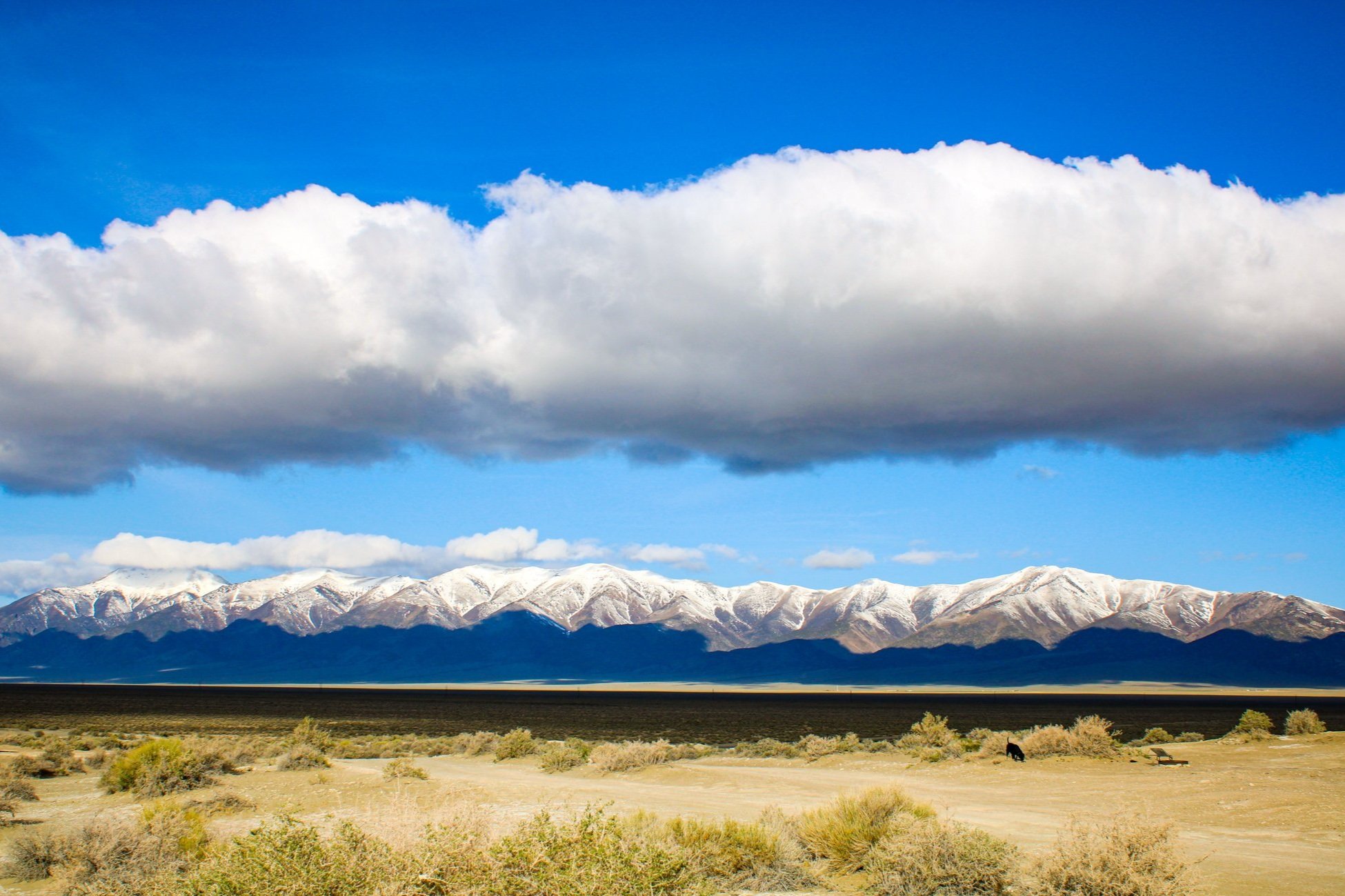
The Trees Around You is out now!!!
My new tree identification guide is officially out! Right now! If you have ever wondered what that tree is outside your door, or down your street, or at your favorite pub, this book is for you! Here are the stats:
Covers over 350 different species that commonly grow in our cities and towns.
No guess work: if it doesn't grow here, it’s not included. But that tree that’s growing outside your window? Oh yeah, I got it covered.
Over 1,400 photos taken by me!! (How’d they let me get away with that?)
Lists of species by noticeable traits, like fruit color or type; bark patterns; and flowering color or time, to make identifying a tree as easy as spotting some unique trait.
Easy to use quick ID guides to figure out confusing species quickly, including maples, oaks, pines, false cedars, larches, dogwoods, elms, lindens, cherries, and dozens more.
Plenty of taxonomic rabbit holes just for the love of the game; I simply can’t just leave a curiosity unexplored.
For all levels! Whether you’re new to trees, new to the PNW, or you’ve been looking at them here for decades, there’s something here for you. It’s designed to be approachable and functional, yet exhaustive and meticulous.
Find it anywhere you’d like. You can even just email me and pay direct and we can make it happen.
Mountaineer Press (straight from my publisher)
Bookshop.org (gives to local bookstores if you don’t have one)
Photo by Kyle Glenn
I’m Casey Clapp, an arborist, author, and educator based out of Portland, Ore, where I grew up.
Over the years I’ve worked as a professional arborist, city forester, and arborist consultant throughout the Pacific Northwest. In 2020 I shifted my focus to exploring the wider world of trees and started the science comedy podcast Completely Arbortrary with my good friend Alex Crowson, and we’ve been putting out a new episode about trees and other related topics each week ever since.
Most recently, I wrote a tree identification guide for the common trees in and around our cities and towns here in the Pacific Northwest called The Trees Around You. It was by far the biggest and most ambitious project I’ve even undertaken, but boy do I think you’ll like it.
I’m always looking for collaborations, partnerships, and projects to work on, and I love to tell stories about the trees around us. I’ve got a few big projects that I’m gearing up for now, so keep an eye out and keep in touch, I’d love to take you along with me.
THE CONE CLUB!!!
THE CONE CLUB!!!
The Cone Club is the BEST and COOLEST way to support me.
Why? Well, Alex (you know him from our show Completely Arbortrary) came up with this great idea the second month of our show way back in 2021:
You sign up on our subscription page to support the show and the work we’re doing
We send you a unique botanical sticker each month! They’re each drawn by an independent artist and printed locally here in Portland, Oregon
Learn more and sign up here!
Your support is the only way I can do what I do. So, come along with me, get in touch, and let’s see where we can go.
Substack - Free newsletter with updates and goings-on
Patreon - Subscribe and support me with added perks along the way
Instagram - See all my silly videos and posts
Tiktok - Feed the algorithm
YouTube - Follow along with me as I find every conifer in the west
BlySky - I’m sure I’ll say stuff on here.
The people asked, the people got!
Check out my hair on this interview with local legends Emily Burris and Travis Teich on KOIN AM Extra!
Wake up to some cone talk, baby!



